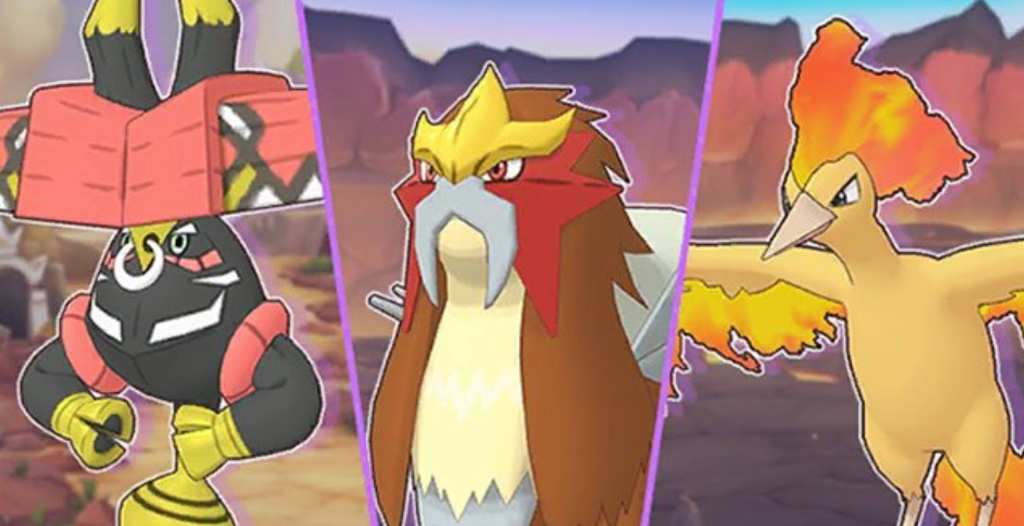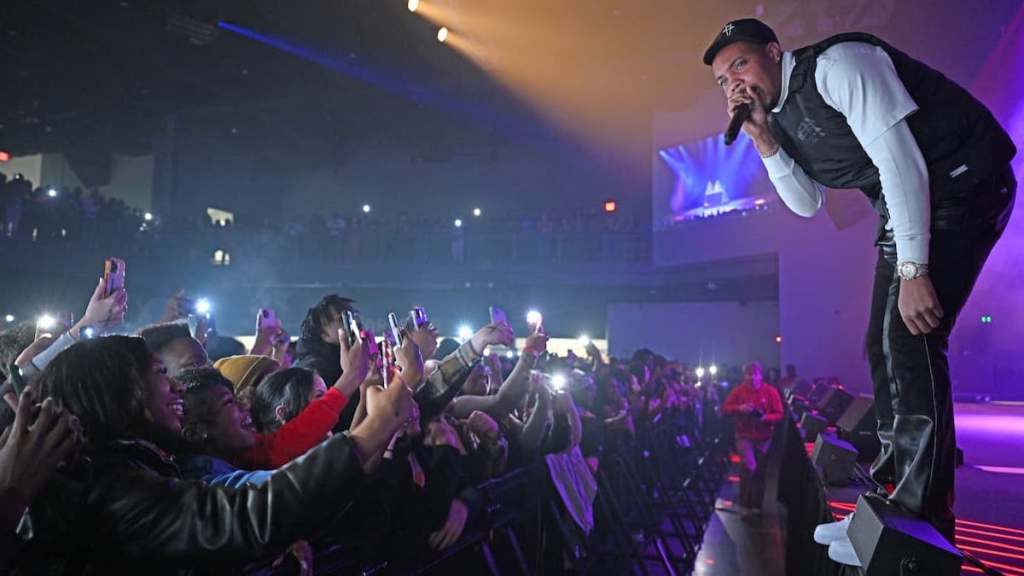Since last Saturday’s violent clashes between desperate refugees and police, the scene at the camp outside Idomeni—the last Greek village before the border with Macedonia—has changed radically.
The refugees, who had been camped there while trying to enter Western Europe, have now been removed from the railway lines by border police. Barbed wire now blocks entry to the railway crossings and Macedonian soldiers have completed work on a three-meter-high metal fence erected along the border with Greece in an attempt to keep out any more refugees trying to get into Macedonia.
Videos by VICE
Protests began last Saturday, after one refugee was electrocuted when attempting to climb on a train wagon by accidentally holding onto the electric wires. He was one of about 1,500 people from the Middle East and North and Central Africa stranded between Greece and Macedonia after countries on the Balkan migrant route started turning away “economic migrants,” letting in only Syrians, Iraqis, and Afghans—or “war migrants”—after the Paris terror attacks.
Refugees stood in front of special security forces and the Macedonia Army guarding the passage, holding placards saying “Open the borders” and “We are not terrorists.” At least ten Iranian demonstrators called a hunger strike, sewed their lips shut, and sat down in front of lines of Macedonian riot police.
But protests finally peaked in Idomeni on Saturday morning with the completion of the fence, and the electrocution of the 32-year-old Moroccan man, who was taken to a Red Cross hospital with severe burns. Riots broke out, with frustrated refugees throwing stones at Macedonian police forces, demanding they open the border. The police responded with stun grenades and tear gas, pushing the crowd back into Greek territory, injuring 18 police officers and an unknown number of refugees.
But the question still remains about what to do with the thousands stuck in Idomeni. As “war refugees” from Syria, Iraq, and Afghanistan continue to arrive from the islands of the eastern Aegean, tensions are mounting. The weather is worsening and clashes between campers of different nationalities—Morocans, Iranians, Pakistanis are still breaking out. Yet still, there seems to be no realistic plan for dealing with the problem.
We spoke to some of the refugees stranded at the Greek-Macedonian border:
Hamid Baba Ali, 18, Morocco
I was born in Casablanca, in western Morocco. I finished school there, but my parents died and I could not live alone. I have one sister, who is happily married—she stayed back with her husband. But I had no money and no work, so I decided to come to Europe for a better life. I arrived in Turkey and then went to Lesvos. I want to go to Munich, where I have friends and family, or to Utrecht. I want to study electromechanical engineering. But I have been trapped here at the Greece-Macedonia border for five days and do not know what should I do now.
Mohamed Biplob, 33, Bangladesh
I am from the capital, Dhaka. I am a member of the opposition party, the BNP, which denounced the 2014 elections. Two leading members of the party were killed recently. I had to leave the country, because the situation is very bad. I left behind my parents, my wife, and two daughters. I traveled through Turkey and I arrived in Greece via Kos. I want to go to Italy, to Rome because my cousin lives there and will be able to help me. I’ve been stuck at the border for ten days but no one is telling us what will happen.
Aladino Sfaxzer, 20, Tunisia
I have been trapped in Idomeni for 12 days now, in the buffer zone of the border. I’ve so far paid traffickers 2,500 euros [$2,640] to arrive at this point. I do not know where I will go or where I can live well. I used to work at a local radio station back home and because I wanted to express my opinion freely, I was arrested and beaten. Those of us who speak against the system receive the same treatment. There is no freedom there and I could not stay another moment. I can’t predict what will happen to me now.
Amin Najafi, 26, Iran
I’ve been trapped at the border for ten days now. It’s hard here—it gets so cold when it rains and we have no dry clothes. We live in small tents that let the air in. In Tehran, I had work and I dreamed about the future. I worked as a welder in a factory and was about to progress my life. But then I lost my job, so I decided to follow a group of my friends to Europe. I want to go to Germany or Sweden. I don’t have someone waiting for me there, I hear different things from people who have gone ahead of me, but for now the only thing that matters is to get myself away from here.
Faysal Hassan, 16, Somalia
I was born in Mogadishu and from the first day of my life until now, the civil war and the fighting has been ongoing. My parents had a little money and sent me to a private school, which was destroyed by terrorist groups operating in the area. I left the country together with my sisters—I am now the man of the family and I want to get to Germany to start our lives from scratch. I came from Turkey to Greece, I do not remember which island we arrived on with the boat. We have been trapped in Idomeni for 12 days we have no other hope apart from this.
More
From VICE
-

Pokemon Masters EX Legendary Gauntlet 10 -

Joseph Okpako/Getty Images -

(Photo by Stephen J. Cohen/Getty Images) -

A mysterious Tomb Raider Steam listing update is fueling speculation ahead of the December 11 Game Awards announcement.